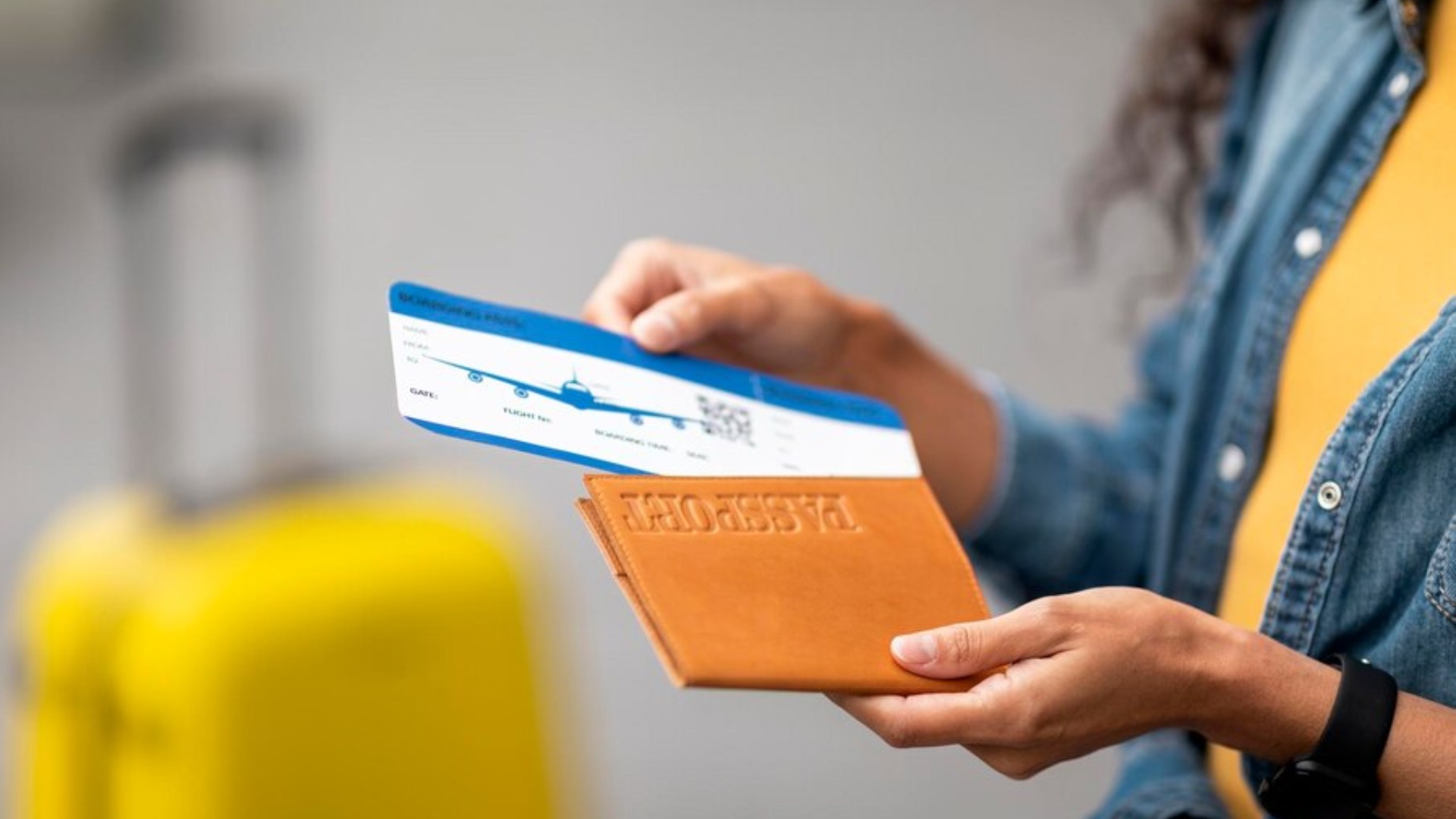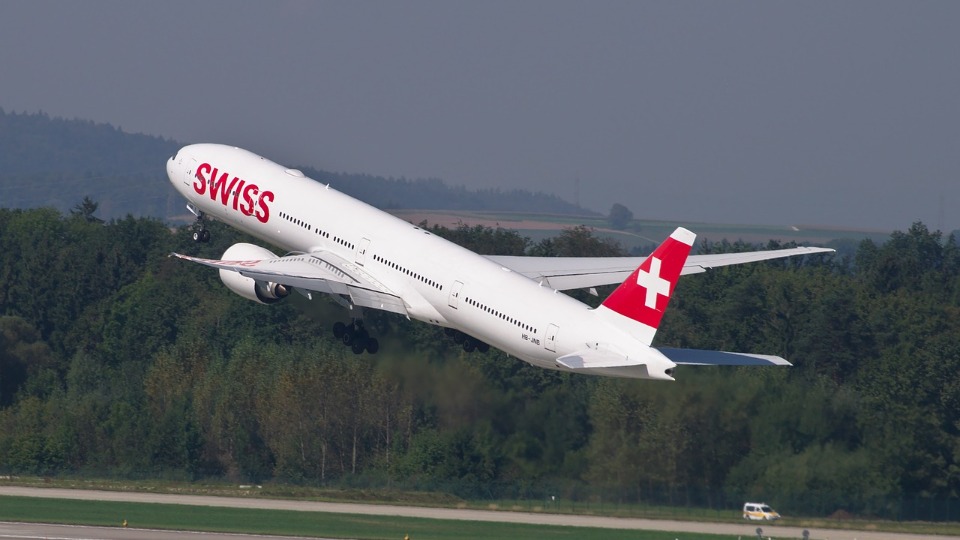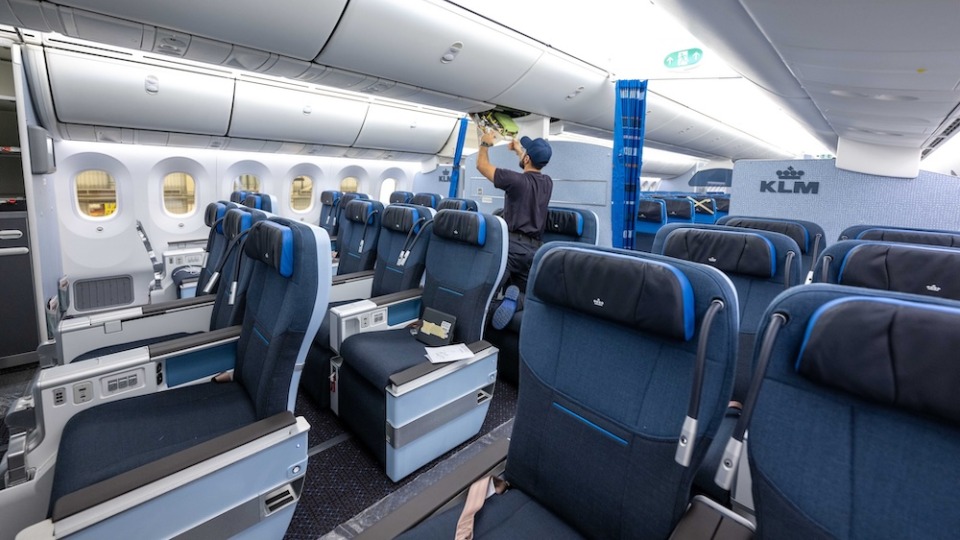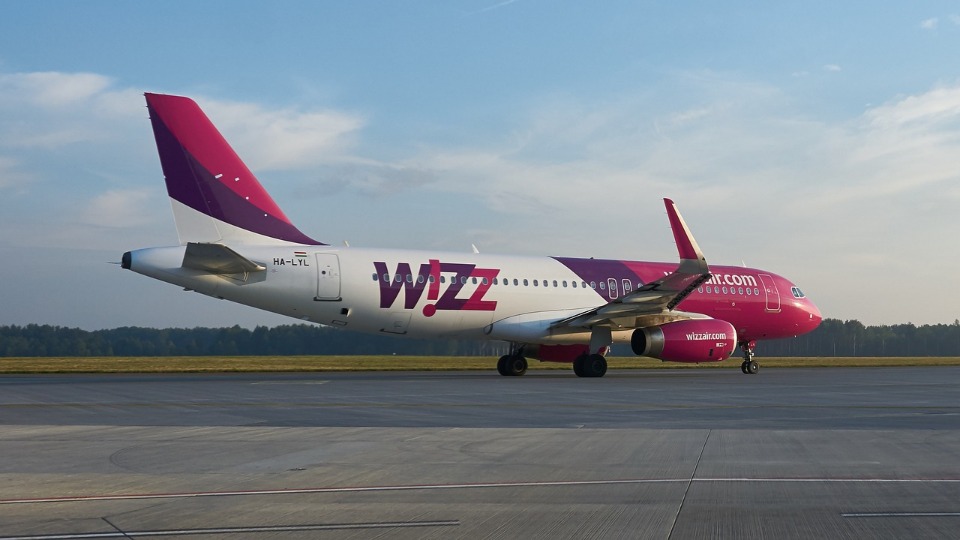
New European Union Laws To Raise Up Flight Ticket Prices

EU emissions regulations will likely result in increased airfare for airline customers.
Because of new pollution controls enacted by Brussels, the era of "absurdly inexpensive" flights may soon be over. Recently reinforced EU laws aim to reduce aviation pollutants to address climate change, which means that travellers will have to pay more for their air travel tickets.
Airlines are considering raising rates to offset the costs of the coronavirus outbreak, since demand for flights has increased and travel restrictions were lifted.
Analysts predict a €10 increase in airfares for a round-trip flight as a result of higher taxes on aviation emissions, part of the EU's effort to make carbon-intensive sectors pay a higher price for their output.
Legislators in the European Union have granted preliminary approval to new carbon pricing laws that would require polluting sectors, such as aviation, to purchase sufficient pollution permits via the EU's emissions trading program. By 2026, the laws will have completely ended the existing practise of enabling airlines to get a large fraction of the licences they need for free. Experts predict that the price of polluting will rise as the quantity of permissions in the system gradually decreases.
Airports Council International Europe director-general Olivier Jankovec recently said that the European Union was undergoing a "major policy reset" that would alter "the economics of the sector" during an industry event. Airlines' expenses will rise, leading to higher tickets and less demand. According to Airlines for Europe, an industry advocacy organisation, flying through some of the EU hubs might be roughly 23-29 per cent more costly in 2035 due to sustainability regulations. It was estimated that this might reduce EU hub traffic by up to 17 percent.
Michael O'Leary, CEO of Ryanair, has earlier said that the days of "absurdly cheap flights" are finished due to increased environmental fees and higher fuel costs. So passengers would spend an extra €8 to €10 for a round-trip ticket.
Jaime Rowbotham, an analyst at Deutsche Bank, estimated that the three low-cost airlines Ryanair, easyJet, and Wizz Air will pay a total of €785mn on carbon permits in their respective 2023 fiscal years. The amounts might reach $2.25 billion by the decade's midway.
To attain net zero emissions, the aviation sector needs greater government help, something EasyJet has acknowledged but claimed is hard to anticipate.
About 3% of EU greenhouse gas emissions originate from airlines, with the vast majority coming from long-haul flights over international borders. The EU's goal is to reduce emissions of greenhouse gases by 55 percent from 1990 levels by the year 2030, and the emissions trading system in Europe is a key component of this ambitious goal.
Climate change activists see the "polluter pays" programme as an efficient means of reducing carbon emissions and have advocated for it to be expanded. Carbon pricing is as well considered to be a key instrument for emissions reduction in Europe.
For flights inside the European Economic Area, the ETS has been applied to airlines since 2012. Countries like China and the United States successfully fought off an expansion of this to international flights.
As the cost of carbon emissions is rising, that's not the only problem for European airlines. In addition to discussing kerosene tax increases, the EU is debating laws to mandate the use of sustainable aviation fuels, or less polluting alternatives to fossil fuels.
A final legislation must be passed by a vote of the European Parliament and EU environment ministers in the spring before the updated carbon trading scheme can go into action.
Source: ft.com








